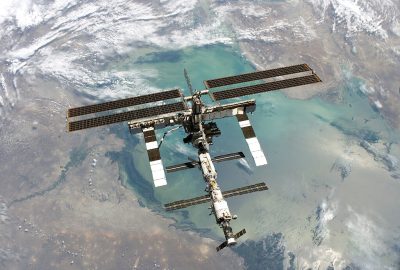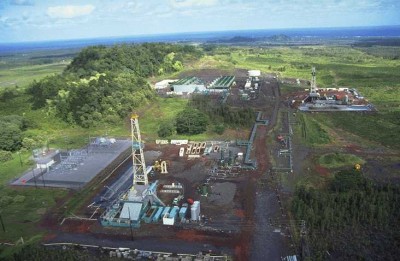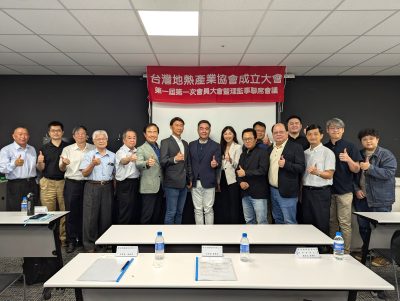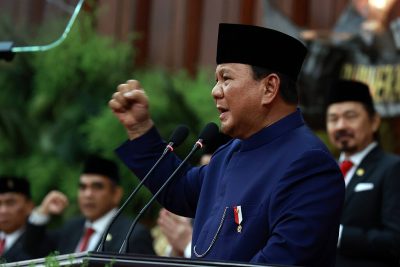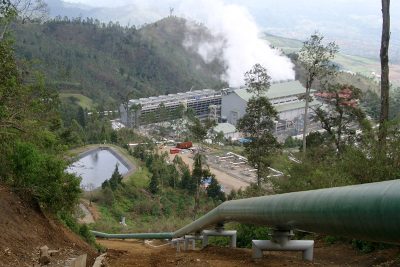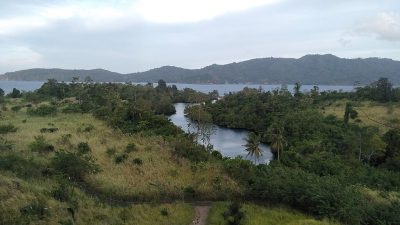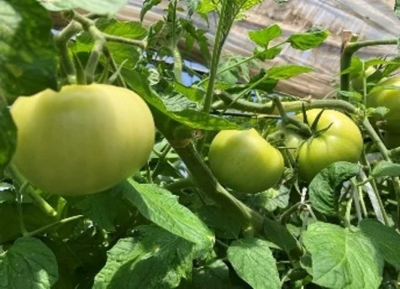International funding could help Bangladesh to explore geothermal potential
Geothermal energy could be a real option for Bangladesh meeting its growing energy demand, but requires international funding to quantify and explore its geothermal potential.
With an ever increasing energy demand and a shortage of energy supply, the country of Bangladesh is in need to explore all energy options. One of those is geothermal, as recently highlighted by Mosarof Hossain Montu at a press meeting.
While estimates putting the potential into “thousands” of MW for geothermal are likely exaggerated, due to the more lower temperature resources of the country, there is some real development potential.
To quantify and explore what geothermal could offer to the country, climate change funds of the UN and other organizations should be sought to explore geothermal resources in Bangladesh.
In a paper published for the World Geotheraml Congress, Mr. Montu, discusses the low-temperature mostly sedimentary basin resources in the country. There he also talks about the availability of well data from abandoned gas wells that provide temperatures of more than 120 degrees Celsius. In the paper he highlights several areas of specific interest and likelihood of representing geothermal development potential.
So far there is now mentionable work on geothermal energy in Bangladesh, despite some studies done in 2005/ 2010 by Swedish-Bangladeshi researchers under funding of the Royal Institute of Technology in Stockholm/ Sweden. The work studied more than 50 abandoned wells in Bangladesh and recommended steps for geothermal energy production. A pilot project was suggested that could utilise an abandoned gas well, but that never materialised.
Source: The Financial Express Bangladesh, Massum, M., “Low-Temperature Geothermal Systems in Sedimentary Basin and Their Prospect in Bangladesh” (WGC 2015)









